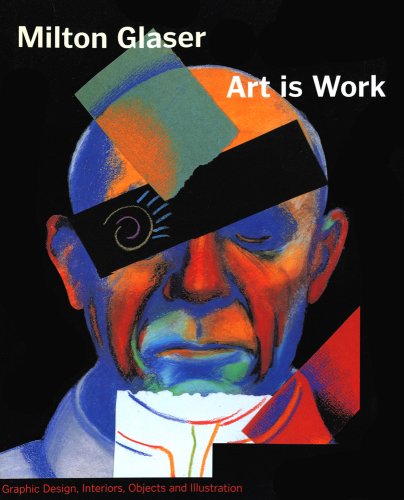Kid could barely talk in complete sentences. Just one day picked up a golf club and started smoking line drives. It just made sense to him. Grip and rip with perfect symmetry and balance, what's so hard about that?
I think some writers have this experience. They just plop down with pen and paper or laptop and just start banging out words until 90,000 of them are in perfect symmetry and balance. Like the 2 year old golfing prodigy, that's rare.
Art is work. Milton Glaser said that. I picked up that quote in the book Creativity, Inc. (A. Must. Read.) Creativity is not on tap for most of us. It takes a lot of falling down.

My track to writing was indeed a race to failure.
In my early 20s, I couldn't put together a cohesive paragraph. I spent a lot of time journaling, had stacks of spiral bound notebooks of thoughts and dreams. I just couldn't write for real. In graduate school, my major advisor essentially poured red ink on my thesis. But naivete can be a beautiful thing. I knew I was bad, knew it was a struggle, but I plodded forward like a penniless pilgrim. I read books, I got feedback. And I wrote. And wrote and wrote until, finally, the sentences began making sense.
They caught flow.
I was in my mid-20s and still, for the most part, a writing dud. But technical writing isn't all that hard, especially if you know the facts. I submitted articles to trade magazines and even got paid. That's when I learned there are people called editors that make your writing awesome. They correct the grammar, rework the transitions, know when to use laid versus lay versus lain. Eventually, I wrote two textbooks on landscape design and began writing a gardening column for the Post and Courier. People were sending me money for my words.
My high school English teacher would find that hiiiiiilarious.
It was about that time I tried fiction. I was in my late 30s and had stories in me. Cliche, but true. I wanted to get them out. I figured after all that technical writing, fiction would be a snap. I didn't have to have facts to make someone fly. This was going to be fun.
Again, naivete can be a beautiful thing.
My first novel was titled Caught in a Mosh. It was 80,000 words of college stories that culminated in a Fishbone mosh pit. The second novel was Katie's Corner, a sort of Stand-By-Me-esque ode to sandlot baseball in the late 70s.
I banged a lot of keys putting those stories together. I gave them to family and friends who told me they were great but, in all honesty, they were unpublishable. Family and friends are not the most objective critics.
I don't know where Mosh and Katie's Corner are, probably deleted from an old hard drive. Despite their lack of literary merit, I never would've moved forward without them. They may have been wandering tales that lacked a story arc, but they were 80,000 words each. That right there was a victory. For me, getting the story on paper--regardless of its faults--was a huge success.
Those long hours was the start of a writing muscle, that ability to sit and focus, to drop yourself into a scene and observe the characters and story, chronicling it like a curious bystander. Pros like Stephen King can punch a keyboard for a day straight or longer. I was working on half an hour.
Mosh and Katie's Corner will never see the light of day, but they were not a waste of time. Those were the stories the brought characters in my head to life, the stories that taught me how to follow them through imaginary worlds.
After Mosh and Katie's Corner, I tabled fiction writing. I wanted to write. I just wasn't that good at it and knew it. I wasn't discouraged, wasn't quitting, just had other things to do. It would be a couple years later that fiction writing returned for good.
Socket Greeny happened.
To be continued...
THE BERTAUSKI STARTER LIBRARY is FREE!
Get 3 full-length novels and 1 novella.

No comments:
Post a Comment